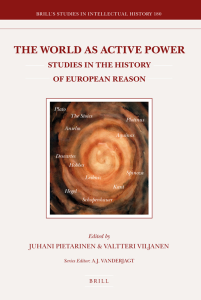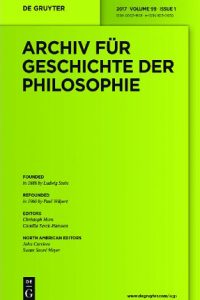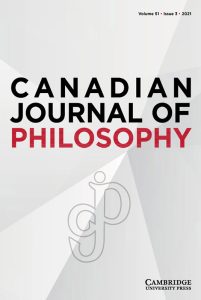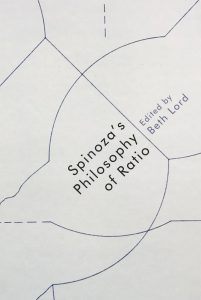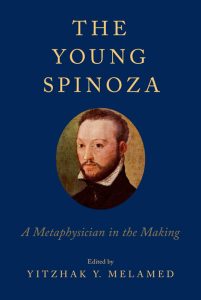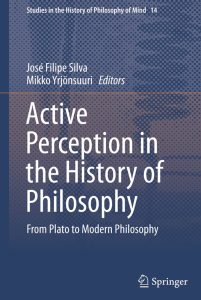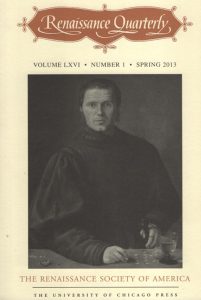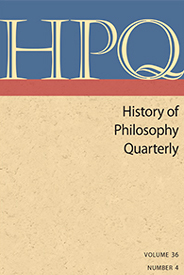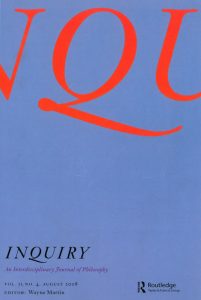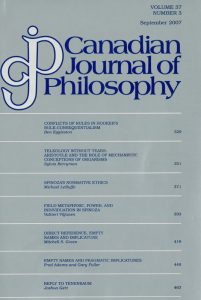The Emergence of Pessimism:
A Philosophical Diagnosis of a Mentality of Our Time
2023–2027
The project examines a major but nearly forgotten line of development in the history of philosophy, by which pessimism has emerged as the mentality that to an important degree determines our times. An accurate philosophical diagnosis of pessimism and its dangers can offer us much-needed reflective distance to the corrosive frame of mind. The main question of the project is: how did the millennia-resistant doctrine of providence come to be replaced with its polar opposite, thoroughgoing pessimism? A proper reply requires an analysis of the view, originating from the Stoics and dominant in the medieval times, according to which the universe is guided by a grand providential plan based on rational (and personal) divinity. Although the new science revolutionized our view of reality, even progressive early modern thinkers defended the traditional view, sometimes intensely. With Kant and especially Schopenhauer, providentialism quite fast first eroded and then came to be altogether discarded. By the end of the nineteenth century, global pessimism rose to unprecedented fame. The significance of this line of development could hardly be overstated for us. In an era marked by climate crisis, pandemic, and war, precisely pessimism – often coupled with nihilism – seems to many as so obviously realistic that it may become a self-fulfilling negative prophecy: after all, there is no point in even trying anything, if one expects everything to turn out miserably anyhow – whereby that will turn out to be the case. In sum, the project aims at an historical ontology of a mentality that can bring a fresh and original insights into the most pressing problems of our times and the mentality that shapes the human moral condition itself.
Publications thus far:
- “Cheerfulness.” – K. Hübner & J. Steinberg (eds.), The Cambridge Spinoza Lexicon, 85–6. Cambridge University Press, 2025.
- “Goethe, Johann Wolfgang von (1749–1832).” – K. Hübner & J. Steinberg (eds.), The Cambridge Spinoza Lexicon, 210–11. Cambridge University Press, 2025.
- “Pantheism Controversy.” – K. Hübner & J. Steinberg (eds.), The Cambridge Spinoza Lexicon, 404–6. Cambridge University Press, 2025.
- “Schopenhauer, Arthur (1788–1860).” – K. Hübner & J. Steinberg (eds.), The Cambridge Spinoza Lexicon, 480–1. Cambridge University Press, 2025.
- “Striving.” – K. Hübner & J. Steinberg (eds.), The Cambridge Spinoza Lexicon, 503–7. Cambridge University Press, 2025.
- “Locke on Freedom, Moral Agency, and the Space of Reasons.” Locke Studies 2024, 24: 1–20.
- “The Early Modern Rationalists and Substantial Form: From Natural Philosophy to Metaphysics.” Journal of Early Modern Studies 2024, 13 (2): 37–62.
- (With Peter Myrdal and Arto Repo.) “Leibniz on Possibilia, Creation, and the Reality of Essences.” Philosophers’ Imprint 2023, 23 (17): 1–17.



